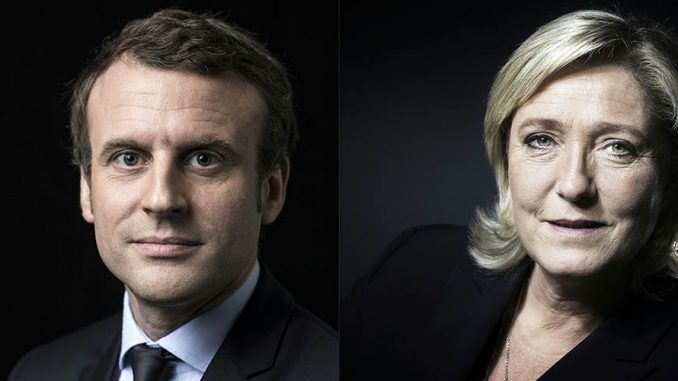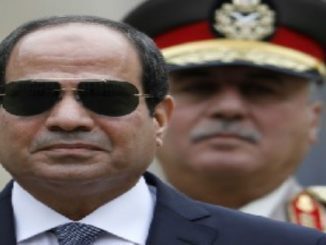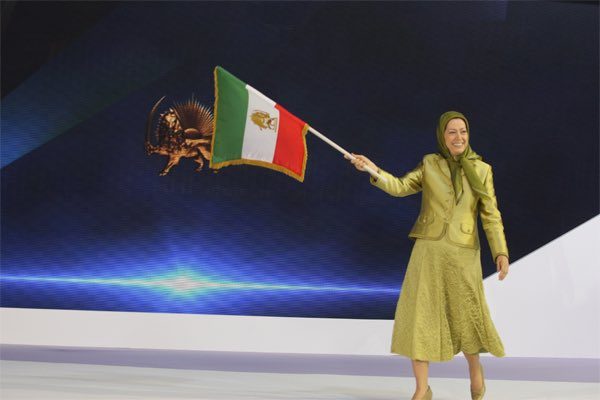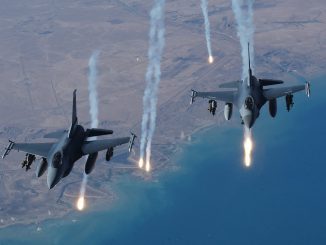
Was the terrorist attack in Paris on Thursday night executed by Islamic State (ISIS) in a deliberate attempt to influence the presidential election in France on Sunday? Becuase it already did.
The timing of the attack seemed calculated. Thursday marked the last day of campaigning for France’s presidential election. The first round of voting took place Sunday as the far-right candidate Marine Le Pen was likely expected to make it to the second, runoff round, and that’s what happened.
Centrist Emmanuel Macron won 23.8% of votes in the first round, while Le Pen took 21.5% going therefore with him to the second round of the elections.
A last-minute poll taken after the attack showed a slight increase in support for Le Pen, though she was still just behind Macron. Le Pen and her party, the National Front, have campaigned on a nationalist platform that includes a commitment to expel all foreigners with suspected links to Islamist extremism.
In October 2015, Le Pen stood trial for inciting hatred after comments she made in 2010 comparing Muslims praying in the streets to the Nazi occupation. (The court subsequently acquitted her). Many French moderates feared that Thursday’s shooting might win Le Pen additional public support, and that was right, at least for the first round.
“It’s a very crucial time for France given that it’s a general election,” says Nathalie Goulet, a French senator and vice-chairwoman of the Foreign Affairs Committee. ISIS, Goulet says, will want to carry out attacks in France in order to sow division and boost the far-right ahead of the May 7 election. “ISIS wants to increase the level of Islamophobia and stigmatization of the Islamic community,” she says. “Whatever can bring the chaos is good for them.”
It might seem strange that ISIS would want to see Le Pen made the president of France but it makes a perverse sense. In a divided country, extremist groups can thrive. And, if the National Front takes power and discriminates against France’s Muslims, that creates a potential pool of support for ISIS recruiters to try and benefit from.
“We’ve seen much more [ISIS] plotting since the beginning of the year,” says Jean-Charles Brisard, president of France’s Center for the Analysis of Terrorism. Since the start of 2017, Brisard says, France has foiled seven ISIS plots.
In fact, ISIS has made no secret of its desire to widen existing social, racial and religious fractures in France and other western states. Part of this is pragmatic: these nations are contributing to the offensive that is putting the group under tremendous pressure in its strongholds in the Middle East. Part is strategic: creating chaos and anarchy is part of a long-term expansion plan outlined by key jihadi thinkers. And part is ideological: Isis aims to destroy any “gray zone” in which different cultures and faiths can co-exist.
Isis has a deep knowledge of and interest in French politics. A number of French militants who made their way to the Isis strongholds in Syria in recent years have risen up the group’s hierarchy to fill key posts. Many of these men have been killed, but not all. There is Boubaker al-Hakim, a French-Tunisian who arrived in Syria in 2013 and has jihadi from going back 15 years or more in his native land. There is also Abdelilah Himich, alias Abu Sulayman al-Faransi, who was born in Morocco but grew up in southern France. Himich has been linked to the attacks in Paris in 2015 and in Brussels four months later.
Isis still has resources, despite the best efforts of French security agencies. Himmich created a brigade of foreign fighters in Syria which, US officials say, may have once numbered 300 members. Some of these were involved in recent European plots. Most are dead or detained, but not all. One of the pair held this week in Marseille on suspicion of planning a terrorist attack may well have been in Syria recently. The group also appears able to attract enough volunteers in France to maintain a fairly high tempo of attempted and successful attacks.
But there is still no real evidence to indicate that Isis has attempted to manipulate any electoral process, in France or elsewhere, in favor of anyone.
A better explanation for the spate of violence in the last week is simply that the priority of Islamic militants, including Isis, is to maximize the publicity generated by any single attack. For all its nihilism, Islamic militant terrorism remains “propaganda by deed”.
One way to grab attention is to strike symbolic targets – the Houses of Parliament in London, for example. Another is to inflict mass casualties in places that people believe are safe – planes, nightclubs, schools. A third is to make sure an attack will, thanks to modern technology, be highly visible. The attacks on luxury hotels in Mumbai, India, in 2008, and a shopping mall in Nairobi in 2014, both broadcast in real time over three days, are an example of this. Now witnesses with mobile phones can do what TV cameras once did. The internet is already full of clips captured on the Champs Élysées on Thursday night.
Or terrorists can exploit timing. Last year’s attack in Nice killed 82 people on 14 July, France’s Bastille Day holiday and a fundamental date in the republican calendar. An attack days before one of the most contentious European elections for decades was always going to guarantee massive publicity, whatever the number of casualties. This appears to have been the goal of this most recent attack, and, as a glance at Sunday’s election results, it is one ISIS has once more successfully achieved.



